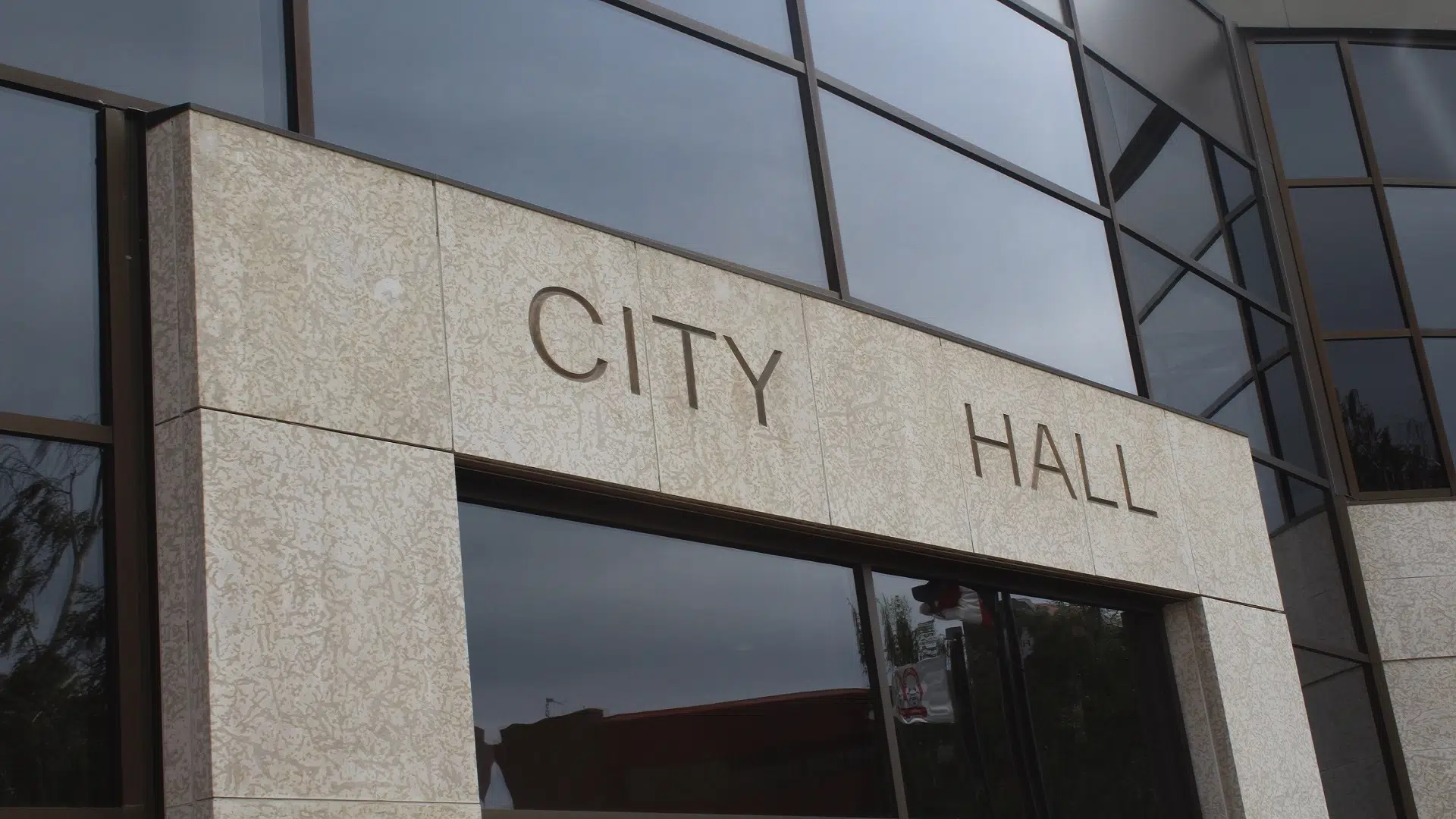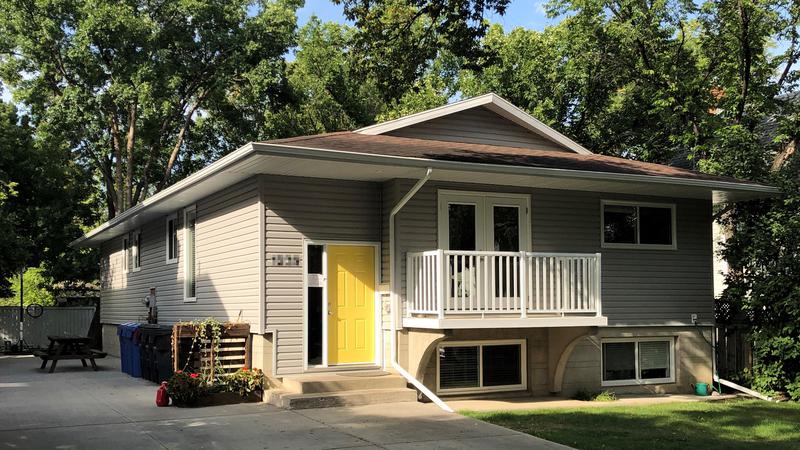
City developing master plan for improved mobility/accessibility
LETHBRIDGE – What more can the city do to make its facilities and infrastructure more accessible, especially to people with mobility issues?
That’s the purpose behind the development of a Mobility/Accessibility Master Plan. Work has been underway internally for a few months, and a public forum is being held at City Hall Tuesday, Oct. 30 from 4-7 p.m.
The project lead, parks development manager Chris Witkowski, explained a committee was first formed in 2013.
“It was just about eight different departments that got together to start looking at some of the deficiencies we have in serving some of our residents who have mobility issues,” he said. “We took care of some of the more obvious problems, but realized we really needed more of a strategic direction as we move forward in trying to serve all of our residents.”


